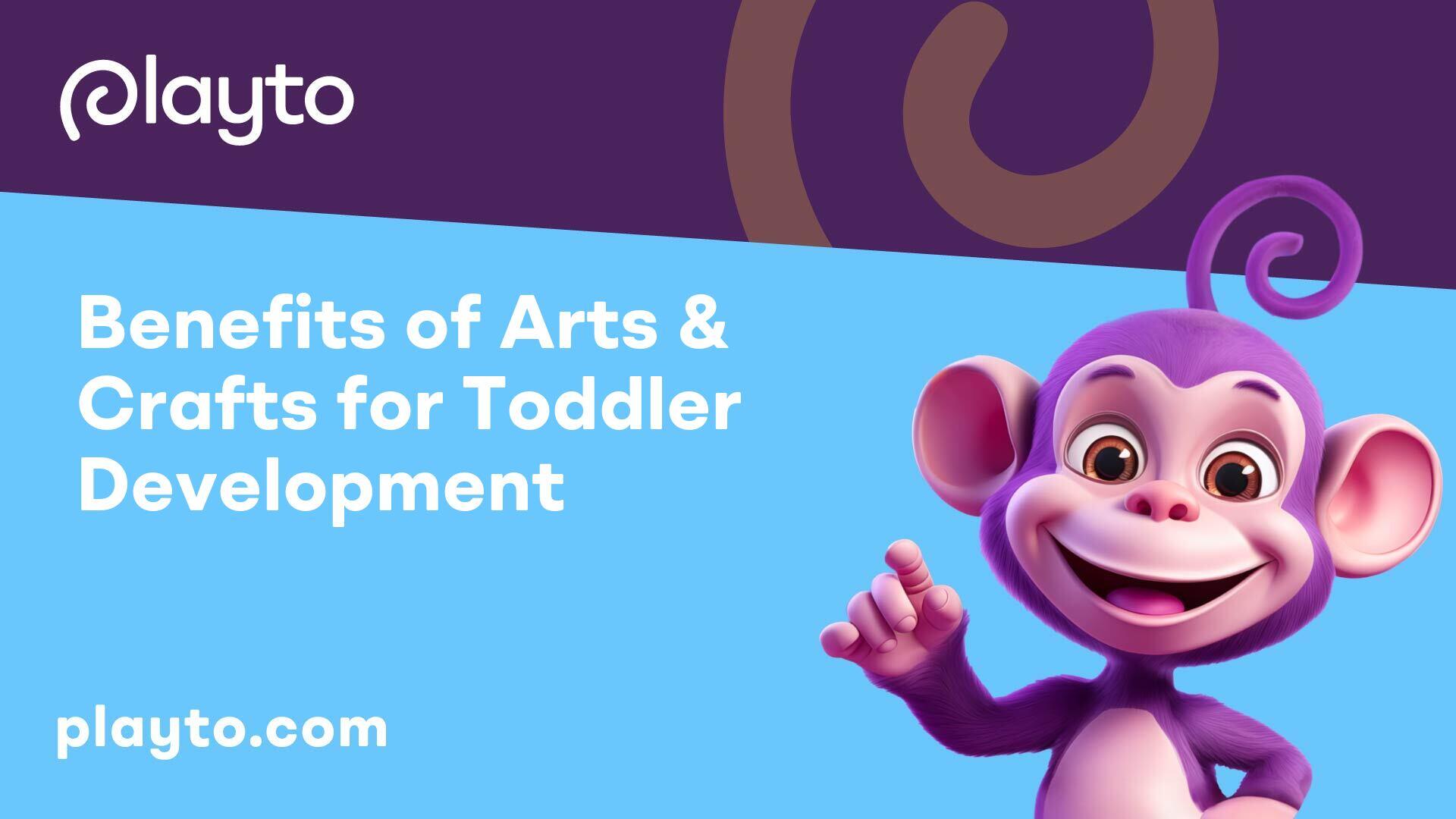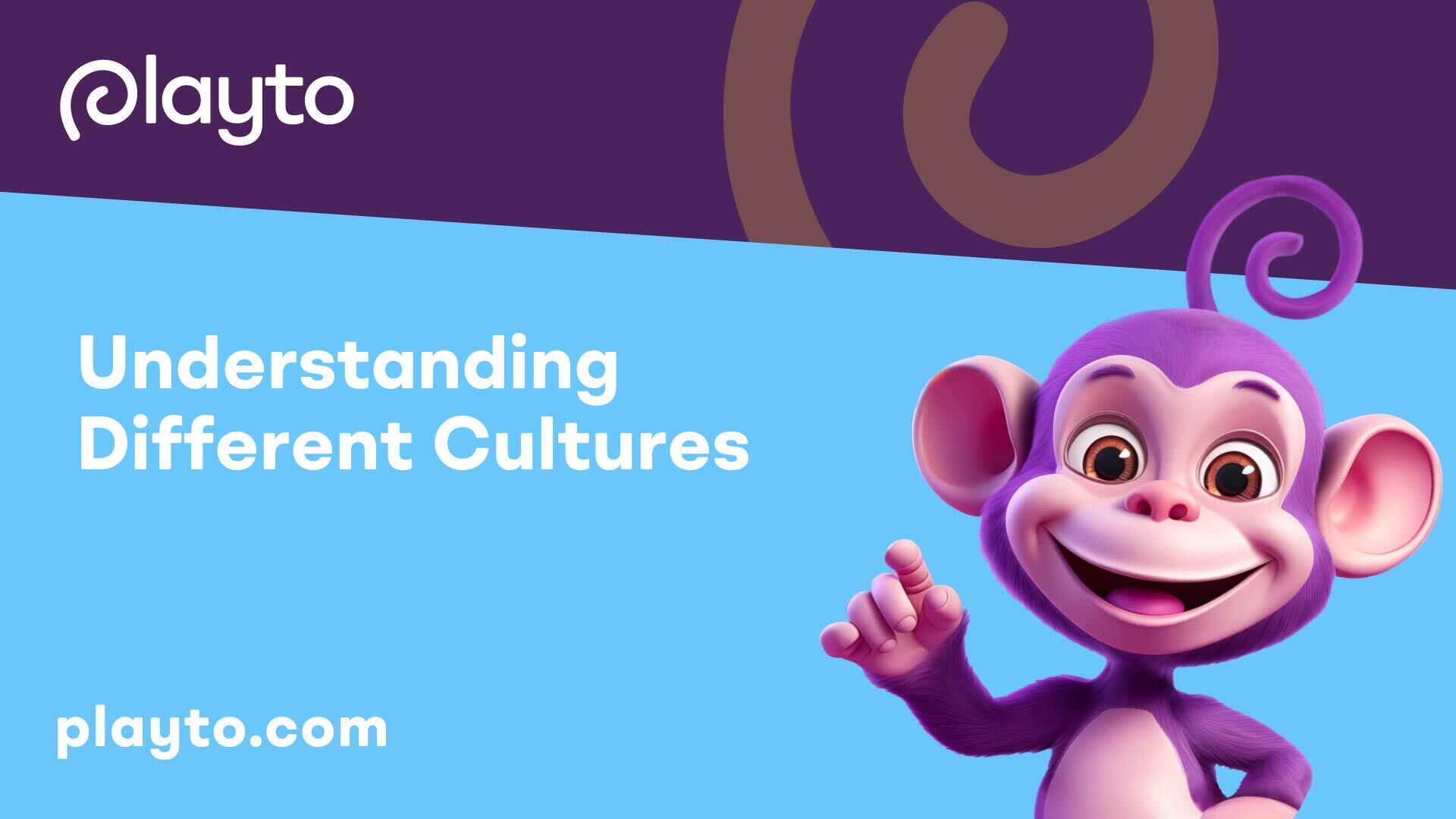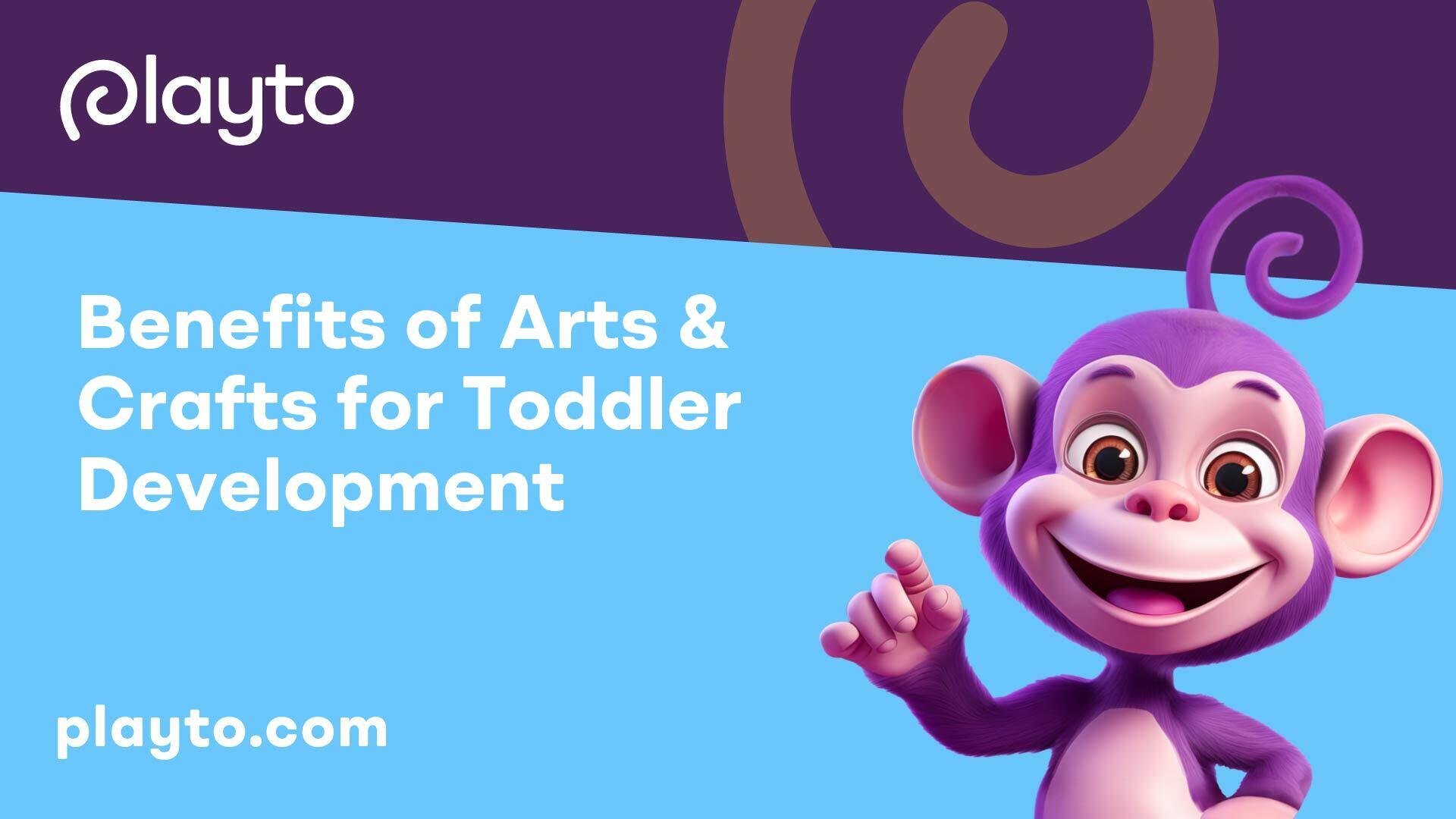
Benefits of Arts & Crafts for Toddler Development
Engaging toddlers in arts and crafts activities offers a myriad of benefits that contribute significantly to their overall development. In this section, we delve into how art and craft activities aid in enhancing fine motor skills, cognitive development, and emotional expression.
Enhancing Fine Motor Skills
Art and craft activities play a vital role in enhancing fine motor skills in toddlers. These activities involve specific hand and finger movements, providing opportunities for toddlers to strengthen their hand muscles, coordination, and dexterity. The sensory experience offered by art projects also stimulates their creativity and imagination.
- Activities like finger painting, squeezing glue bottles, tearing paper, and molding clay help toddlers refine their finger muscles, promoting independent finger movements and improving fine motor skills.
- Manipulating art materials such as playdough or beads aids in developing hand strength through tasks that require pressure, ultimately enhancing muscle tone and hand strength necessary for various everyday tasks [2].
Cognitive Development
Partaking in arts and crafts activities supports holistic cognitive development in toddlers. These creative endeavors nurture skills like problem-solving, critical thinking, creativity, and fine motor skills. According to the National Institute for Early Education Research, engaging in arts and crafts enables a balanced cognitive development in children.
Emotional Expression
Art exploration serves as an educational and expressive outlet for toddlers. Through art and craft activities, children can practice and refine a wide range of skills essential for both personal growth and learning. This creative platform allows toddlers to not only have fun but also effectively express their emotions and thoughts in imaginative ways.
The development of fine motor skills, cognitive abilities, and emotional expression through arts and crafts sets a strong foundation for the comprehensive growth and well-being of toddlers. Encouraging and facilitating these creative endeavors in early childhood can have lasting positive impacts on their overall development and future success.

Understanding Different Cultures
Exploring the benefits of arts & crafts for toddler development goes beyond just artistic expression; it extends to fostering confidence, enhancing literacy, and developing math skills among children. Let's delve into how arts and crafts can contribute to confidence building and the development of literacy and math skills in toddlers.
Confidence Building
Engaging in arts and crafts activities can nurture confidence in toddlers. By following a step-by-step process with a clear beginning and end, children experience a sense of accomplishment when they complete a craft. This process of creation empowers toddlers to explore their creativity, make decisions, and take pride in their artistic achievements.
Encouraging children to experiment with various art materials and techniques allows them to express themselves freely without the fear of judgment. Through creative exploration, toddlers learn to trust their abilities, think outside the box, and develop a positive self-image. This newfound confidence cultivated through arts and crafts can positively impact their overall self-esteem and willingness to take on new challenges.
Literacy and Math Skills
Arts and crafts offer a unique opportunity for toddlers to enhance their literacy and math skills in a fun and interactive way. Engaging in art activities promotes literacy by encouraging children to listen attentively, follow instructions, and expand their vocabulary by learning new words related to shapes, colors, and art materials.
Moreover, the process of creating art often involves planning, organization, and problem-solving, all of which are essential cognitive skills for young learners. By manipulating art supplies, children learn to differentiate between various items, understand how to combine them effectively, and grasp fundamental math concepts like counting and measuring. These experiences contribute to the development of logical thinking, spatial awareness, and critical thinking skills.
By integrating arts and crafts into early childhood education, toddlers can not only express their creativity but also strengthen their foundational skills in literacy and math. The holistic approach of incorporating art into the learning process enriches children's educational journey and lays a solid groundwork for their future academic and personal development. For more inspiration on engaging arts and crafts ideas for daycare kids, check out our article on 10 easy arts & crafts ideas for daycare kids.

Impact on Overall Health
Engaging in arts and crafts activities has a positive impact on the overall health and well-being of toddlers. These creative endeavors not only foster artistic skills but also contribute to stress relief and provide various health benefits.
Stress Relief
Free expression through art is a powerful tool for toddlers to manage stress and navigate through emotions. Artistic activities offer a safe outlet for children to express their feelings and thoughts, facilitating emotional release and promoting mental well-being. By immersing themselves in creative projects, toddlers can relax, unwind, and process the events happening in their lives, leading to a sense of emotional balance.
Health Benefits
Art and craft activities offer more than just creativity; they also provide various health benefits for toddlers. Engaging in sensory exploration through arts and crafts exposes children to a diverse range of textures, colors, and materials, benefiting those with sensory processing difficulties and promoting inclusive play that caters to diverse sensory profiles [6]. This sensory stimulation enhances cognitive development and boosts overall sensory integration skills in toddlers.
Moreover, the act of creating art fosters confidence and self-esteem in toddlers. Encouraging youngsters to explore their creativity, express themselves through art, and take pride in their creations helps build their self-assurance and belief in their abilities [7]. As toddlers see their artistic endeavors come to life, they gain a sense of accomplishment and empowerment, positively impacting their emotional and psychological well-being.
In summary, the benefits of arts and crafts activities for toddler development extend beyond artistic expression, encompassing stress relief, enhanced emotional well-being, and a boost in overall health. By creating a nurturing environment that encourages creativity and self-expression, caregivers and educators can support toddlers in reaping these holistic health benefits through engaging in art and craft experiences.

Educational Value of Arts & Crafts
When it comes to the benefits of arts & crafts for toddler development, the educational value plays a significant role in shaping young minds. Two key aspects where arts and crafts contribute to the educational development of toddlers are problem-solving skills and language development.
Problem-Solving Skills
Engaging children in arts and crafts activities fosters the development of problem-solving skills, critical thinking, and creativity, as highlighted by the National Institute for Early Education Research. By encouraging toddlers to explore different materials, experiment with colors and textures, and create their own masterpieces, they learn to think outside the box and come up with innovative solutions to artistic challenges. The process of trial and error involved in arts and crafts projects teaches toddlers the valuable lesson of persistence and resilience in problem-solving situations.
Through hands-on activities like sculpting with clay, sorting and arranging materials for collages, or figuring out how to assemble pieces for a craft project, toddlers develop their cognitive abilities while honing their problem-solving skills. This structured yet creative approach to learning enhances their ability to analyze, strategize, and overcome obstacles—a foundation that will benefit them in various academic and real-life situations.
Language Development
Art activities also play a crucial role in promoting language development in toddlers. According to Raised Good, engaging in art allows children to expand their vocabulary, express emotions, and enhance their ability to reflect on their feelings and experiences. When toddlers participate in arts and crafts projects, they are encouraged to describe their creations, share their thoughts and feelings, and communicate with others about their artistic endeavors.
By verbalizing their ideas, discussing their artwork with peers or caregivers, and narrating their creative process, toddlers strengthen their language skills and develop a deeper understanding of effective communication. Art provides a safe and expressive outlet for toddlers to convey their emotions, thoughts, and experiences through visual cues and verbal expression, fostering meaningful interactions and fostering an appreciation for self-expression.
Encouraging toddlers to engage in arts and crafts not only nurtures their creative potential but also cultivates essential educational skills that are fundamental for their cognitive, social, and emotional development. By promoting problem-solving skills and language development through artistic exploration, caregivers and educators can empower toddlers to navigate the world with confidence, creativity, and effective communication.

Creative Effects on Toddler Development
Engaging toddlers in arts and crafts activities offers numerous benefits beyond just creative expression. Let's delve into how these activities impact the development of toddlers in terms of neural connections and the enhancement of gross and fine motor skills.
Neural Connections
Art plays a vital role in strengthening neural connections in a toddler's developing brain. During the early years of life, the brain is exceptionally responsive to stimuli, forming over one million neural connections per second. Creative activities like arts and crafts stimulate multiple senses – sight, sound, taste, touch, and smell – triggering synapses in the brain to fire and wire, nurturing creativity and cognitive development.
Gross and Fine Motor Skills
Participating in arts and crafts activities is particularly beneficial for toddlers to improve their fine motor skills. Tasks such as drawing, cutting, and threading are integral components of art and craft projects that require the use of small muscles in the hands and fingers. These activities help in enhancing hand-eye coordination, precision, and dexterity, laying a strong foundation for future academic and daily life skills.
By encouraging toddlers to engage in creative endeavors, caregivers and educators foster not only artistic expression but also the development of essential cognitive and physical skills. The integration of arts and crafts into early childhood education provides a rich environment for toddlers to explore, learn, and grow, shaping confident, creative, and resilient individuals.
Importance of Art in Decision-Making
In the realm of toddler development, the role of art in decision-making is a crucial component that impacts various aspects of a child's growth and learning process. Delving into the significance of art in decision-making, we will explore its influence on divergent thinking and its aid in language development.
Role in Divergent Thinking
Art plays a pivotal role in fostering divergent thinking among toddlers. By engaging in arts and crafts activities, children are encouraged to think creatively and explore multiple solutions to a single problem. This open-ended approach to problem-solving promotes flexibility and innovation in young minds, allowing them to think outside the box and generate unique ideas.
Through art activities, toddlers learn to embrace diverse perspectives, experiment with different materials, and express their individuality. This process of divergent thinking not only enhances their cognitive abilities but also nurtures their creativity and imagination. For more insights on how art activities improve fine motor skills in kids, refer to our article on how art activities improve fine motor skills in kids.
Aid in Language Development
Art serves as a powerful tool for supporting language development in toddlers. Engaging in artistic endeavors such as drawing, painting, and storytelling encourages children to communicate their thoughts, feelings, and experiences through visual and verbal means. By expressing themselves artistically, toddlers enhance their vocabulary, communication skills, and ability to convey complex ideas.
Moreover, art activities provide a platform for toddlers to narrate stories, describe their creations, and engage in meaningful conversations with peers and caregivers. These interactions not only boost their language proficiency but also promote social bonding and emotional expression. For engaging arts and crafts ideas for daycare kids that stimulate language development, explore our article on 10 easy arts & crafts ideas for daycare kids.
Incorporating art into decision-making processes at an early age lays a strong foundation for holistic development, creative thinking, and effective communication skills in toddlers. By leveraging the benefits of art in divergent thinking and language development, caregivers and educators can empower young learners to embrace their uniqueness, voice their ideas, and navigate the world with confidence and creativity.
Social Skills Development
When toddlers engage in arts and crafts activities, they not only enhance their individual skills but also develop important social skills that are crucial for their interactions with others. Two key aspects of social skills development through arts and crafts are teamwork and cooperation, along with sensory exploration.
Teamwork and Cooperation
Participating in collaborative arts and crafts projects fosters teamwork and cooperation among children. By working together on a shared creative project, toddlers learn to communicate, share ideas, and problem-solve collectively. These experiences nurture essential social skills and prepare them for future social interactions and collaborations.
Encouraging toddlers to collaborate on art and craft activities not only strengthens their bonds with their peers but also teaches them valuable lessons in patience, compromise, and working towards a common goal. These experiences lay a strong foundation for positive social behaviors and effective communication skills in the future.
Sensory Exploration
Sensory exploration through arts and crafts plays a vital role in the development of toddlers. When children engage with various textures, colors, and materials during art activities, they stimulate their senses and enhance their cognitive processing abilities. This inclusive activity benefits children with sensory processing difficulties by exposing them to diverse sensory experiences and catering to their unique sensory profiles.
By encouraging toddlers to explore different sensory elements through arts and crafts, caregivers and educators help children develop a deeper understanding of the world around them. This sensory-rich environment not only fosters creativity and imagination but also promotes empathy and understanding of different perspectives and experiences.
Incorporating opportunities for sensory exploration into arts and crafts activities creates a nurturing and inclusive environment where all children can benefit from the sensory stimuli and engage in meaningful and enriching experiences. These sensory-rich experiences contribute to the holistic development of toddlers, fostering social skills, creativity, and self-expression while promoting a sense of unity and shared learning among peers.
Holistic Development Through Arts
Engaging in arts and crafts activities plays a pivotal role in fostering holistic development among toddlers. These inclusive activities not only promote creativity but also contribute significantly to various aspects of a child's development, including social interaction and sensory exploration.
Inclusive Activities
Participating in collaborative arts and crafts projects provides a platform for toddlers to engage in inclusive activities that cater to a diverse range of sensory profiles. According to Omega Pediatrics, sensory exploration through arts and crafts exposes children to various textures, colors, and materials, making it beneficial for children with sensory processing difficulties. By involving different sensory experiences, these activities encourage all children to participate and benefit, fostering a sense of inclusivity and diversity within daycare settings.
Social Interaction Importance
Arts and crafts activities not only nurture creativity but also play a crucial role in promoting social interaction among toddlers. Collaborative projects foster teamwork, cooperation, and communication skills among children, as highlighted by Omega Pediatrics. Through these interactions, toddlers learn to share ideas, work together towards a common goal, and express themselves creatively in a group setting. This early exposure to social dynamics lays a foundation for future social interactions and collaborations, preparing children to navigate social challenges with confidence and empathy.
By participating in inclusive arts and crafts activities, toddlers develop a range of skills that contribute to their overall growth and development. These activities not only enhance creativity and self-expression but also promote social skills, fine motor development, and resilience, shaping confident and well-rounded individuals who are equipped to navigate the complexities of the world around them.
References
[3]: https://www.nieer.org/resources/research-briefs/role-arts-early-childhood-education
[4]: https://www.canr.msu.edu/news/theartofcreatingwhyartisimportantforearlychildhood_development
[5]: https://www.mothercould.com/posts/arts-crafts-child-development
[6]: https://www.omegapediatrics.com/the-benefits-of-arts-and-crafts-for-kids/
[7]: https://raisingchildren.net.au/toddlers/development/creative-development/toddler-creative-activities
[8]: https://raisedgood.com/art-promotes-healthy-child-development/
